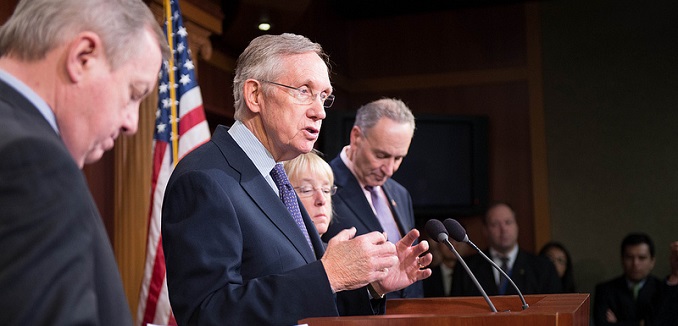Iran’s nuclear chief Ali Akbar Salehi bragged last week, in comments conveyed by Iranian media, that Tehran is the “winner” of last month’s deal made in Geneva with the P5+1 because the Joint Plan of Action (JPA) framework had positioned the Islamic republic to appear conciliatory even though Tehran will refuse to close its plutonium facility at Arak and “will not lose anything” by temporarily suspending uranium enrichment up to 20 percent purity:
The request made by the western states for closure of Arak heavy water reactor will not be heeded, he underlined.
Iran has declared the production of new generation of centrifuges to IEAE, he said.
Iran is the winner of Geneva deal because even if the western powers do not keep their promises Iran has proven its good-will for the world public opinion, Salehi said.
The comments came a day after Iranian Foreign Minister Mohammed Javad Zarif boasted that Iran could quickly restart enrichment to 20 percent – thereby reviving debate over asymmetries in the JPA that have Tehran merely “freezing” parts of its program while the West reduces sanctions – and amid a potential showdown between the Obama administration and Congress.
A bipartisan group of 26 senators on Thursday unveiled legislation that would impose sanctions on Iran if it cheated during the JPA’s six-month negotiating period or if it failed to put its atomic program beyond use for weaponization at the end of that period. Senate Majority Leader Harry Reid Friday filed a procedure that would allow him to bypass bringing the bill to the floor through committees, and potentially allowing the full body to vote on the legislation as soon as next month:
Reid’s action sets the stage for a potential battle between more than 25 Republican and Democratic senators who are co-sponsoring the new Iran sanctions legislation and the Obama administration and its supporters in Congress, including the Democratic heads of 10 Senate committees.
The bill introduced on Thursday would require reductions in Iran’s petroleum production and apply new penalties to other industries if Iran violates an interim agreement or fails to reach a final comprehensive agreement.
The move is widely seen as a win for the bill amid opposition from the White House and ten senators who on Thursday wrote a letter detailing their objections. The administration’s position, which analysts and journalists have struggled with for the last month and a half, is that while past sanctions coerced Iran into coming to the table, future sanctions will compel the Iranians to walk away. The empirical evidence is in tension with the administration’s position.
In what Jonathan Schanzer, vice president for research at the Foundation for Defense of Democracies, describes as a “poorly played bluff,” Iranian diplomats in recent days suspended talks over U.S. sanctions enforcement – and then returned.
[Photo: Senate Democrats / Flickr ]




